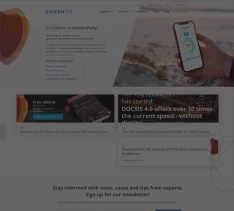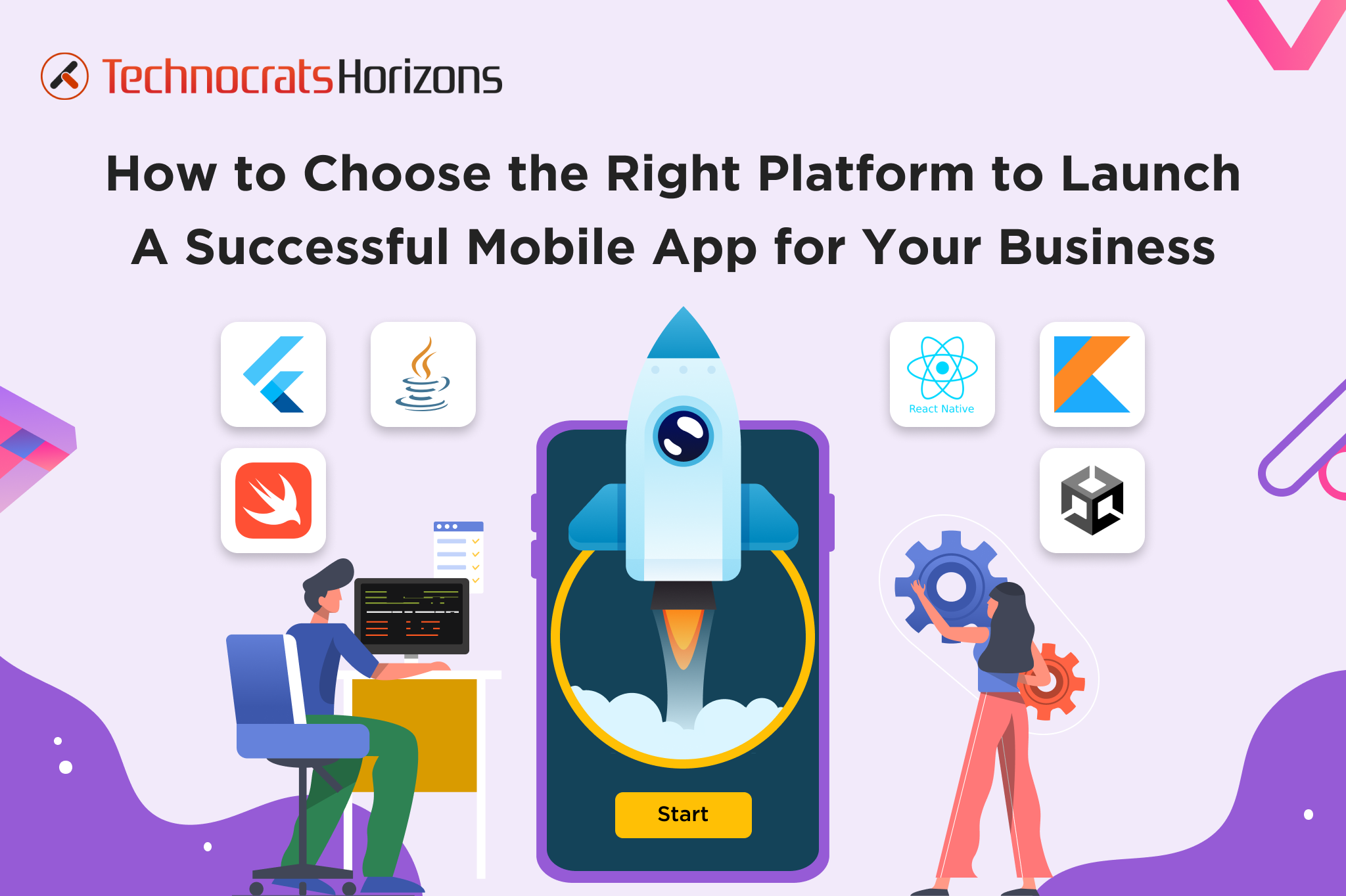Mobile Apps. They are two simple words but today they have become an indispensable part of our lives. From ordering food to booking vacations, we are doing everything on our apps. But more than this mobile apps have given you all a wonderful opportunity to offer your products/services to the world at large.
So, you’ve also decided to jump into the app world for your business – fantastic choice! But hold on a second. You need to choose the right place for it to call home. It’s like finding the perfect spot for your shop, where everyone can easily find you and that is an app platform.
Selecting the best mobile app development platform for your company might be challenging because there are so many possibilities on the market. Several things need to be taken into account before deciding which is best for your company.
Top Mobile App Development Platforms in 2024
Alright, if you have decided that this is the right time for your business to get a mobile app in 2024, then you’ve made a great choice, and guess what? You’ve got a bunch of platforms to choose from. So, let’s run through the top 10 mobile app development platforms.
1. Flutter
Flutter, which was developed by Google, is gaining some traction for making apps that look good. The cherry on top? You can use the same code for both iPhone and Android, so your users get a consistent experience.
It comes with pre-built UI components called widgets so even the developers with limited coding language can build apps using Flutter.
2. React Native
If you want a versatile option, React Native, supported by Facebook, is a solid choice. It uses a JavaScript library, allowing developers to create apps for different platforms using shared code.
This speeds up the development process without sacrificing performance. It also allows developers to see the progress in mobile apps without rebuilding the entire code.
3. Kotlin
Kotlin, favored by Android developers, is known for its concise and expressive coding. Supported by Google, it seamlessly works with Java code. The modern syntax and developer-friendly features make coding for Android a more pleasant experience.
4. Swift
Swift is Apple’s language for iOS app development. It’s known for being fast, secure, and easy to read. It focuses on reducing errors in coding, ensuring a smooth and secure mobile application development process.
5. Xamarin
Coming from Microsoft, Xamarin stands out as a solid solution for cross-platform development. Developers can dive into the C# programming language, sharing a chunk of their code across different platforms. This not only speeds up development but also keeps that native look and feel intact.
For businesses eyeing a seamless experience across devices, Xamarin is a practical choice. It works with a single codebase for Android, iOS, and Windows platforms, ensuring consistency and efficiency throughout the application development journey.
6. Java
Good old Java is still hanging in there for Android lovers. It’s been around forever, and it’s like the foundation for building strong and scalable apps. Compatibility with libraries and frameworks makes it a solid choice.
7. PhoneGap (Apache Cordova)
PhoneGap, also known as Apache Cordova, bridges web development with mobile app development. It’s like using your trusty web tools – HTML, CSS, and JavaScript. If you are a developer comfortable with web development, this might be your choice.
This mobile app development platform uses a single codebase and uses third-party tools for management.
8. Appgyver
Appgyver is gaining attention for its low-code development environment. With a visual development interface, it allows those with limited coding experience to be part of the app creation process. The drag-and-drop features and pre-built components simplify development.
9. Unity
Unity, known for game development, is also excellent for creating immersive mobile app experiences. Its powerful engine and versatile development environment make it a solid choice for engaging users through interactive and visually appealing applications.
10. Adobe PhoneGap Build
Last on our list is Adobe PhoneGap Build, a cloud-based service making mobile app development a bit easier. It skips the manual compilation hassle by offering a cloud-based build service. You upload your project files, and Adobe PhoneGap Build takes care of the rest.
Consider These Factors to Choose the Right Mobile App Development Platform
Now, the big question is- which platform is the best fit for your unique needs? Don’t worry, we’re here to break it down in simple terms. This guide will walk you through the key considerations, ensuring you pick a platform that aligns perfectly with what you want to achieve.
1. Assess Your Business Needs
Before diving into the technicalities, take a moment to think about why you want an app. Is it about connecting with customers, making your operations smoother, or reaching more people? Knowing this helps you pick a platform that matches your goals.
If you’re after an attractive app on both Android and iOS, Flutter is your buddy. It lets you use one set of code for both, making life simpler.
2. Know Your Audience
Consider what devices your audience uses – mostly Android, iPhones, or a mix of both. This way, your app is set up to keep your users happy, making for a better experience.
If you find out most of your users are iOS users, then choose Swift for your mobile app development solutions. Choosing Swift for iOS development ensures your app works seamlessly on their devices.
3. Development Skills and Resources
Alright, let’s talk about the backbone of your mobile app – your development team. Take a good look at their tech skills, what they’re good at, and how well they dance with different programming languages and frameworks. Going for a platform that syncs up with your team’s know-how not only speeds up the development process but also makes sure you’re using your resources like a pro.
Say your team is highly skilled at JavaScript, for them, platforms like React Native make the best choice.
4. Researching App Store Policies
Each platform comes with its own set of rules and regulations. Apple App Store and Google Play have distinct policies regarding app approval and content restrictions. Understanding and adhering to these policies is crucial for a smooth journey through the app store approval process.
5. Platform-Specific Features and Technologies
No two app development platforms are the same. All of them come with unique features and technologies. Before picking one for your mobile app development solutions, thoroughly research what each platform provides in terms of tools and capabilities. It should also seamlessly align with your app’s functionalities and objectives.
If your app relies on specific features like ARKit for iOS or ARCore for Android, understanding these platform-specific technologies becomes crucial for informed decision-making.
6. Market Share and Trends
Keep your eyes open for what platforms your audience is engaging with. You can also consider investing in custom mobile app development services that know all about the latest market trends.
Stats say Android is ruling the users with a 69.88% market share, while iOS is behind it with 29.39%. So, if you’re eyeing a massive audience, choosing Android for your mobile application development could be a smart move.
7. Development Costs and Resources
Imagine a tool or technology that lets you develop for both iOS and Android without burning through your budget. Enter cross-platform frameworks like Xamarin and Flutter. They outshine other platforms when it comes to saving costs because they let you build with one codebase for both platforms. It’s like getting two for the price of one – smart, right?
8. Testing and Debugging
Launching your app without thorough testing can be disastrous. Each platform has its nuances when it comes to testing. Understanding the intricacies of testing and debugging processes ensures a seamless user experience across different devices and operating systems.
Generally speaking, iOS apps may require testing on actual Apple devices due to specific behaviors that can’t be replicated on emulators. This consideration is crucial for a robust testing plan.
9. App Maintenance and Updates
Consider the long-term responsibilities associated with each platform. Assess the effort required for maintaining and updating your app on each platform to ensure continued functionality and user satisfaction.
Flutter and React Native simplify maintenance by allowing you to implement updates across both iOS and Android simultaneously, reducing the workload associated with individual platform maintenance.
Conclusion
So here’s the real deal. With a gazillion platforms out there, finding the one that’s your app’s perfect fit is crucial. And guess what? Teaming up with the right development partner can be a great help. They can turn your app idea into a success story.
So, the logical next step is to pick a mobile app development agency that holds expertise in your chosen mobile app development platform.
Technocrats Horizons is an expert custom mobile app development services provider with years of experience in building scalable apps. So if you’re also looking to build apps with great user experience and scalability, reach out to our experts.
Your App Dream Starts Here
Connect with us for a no-pressure, expert-led strategy session.


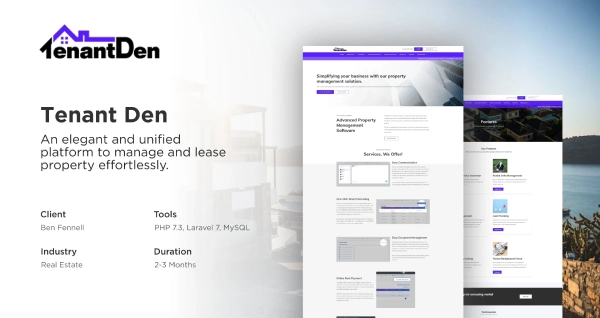

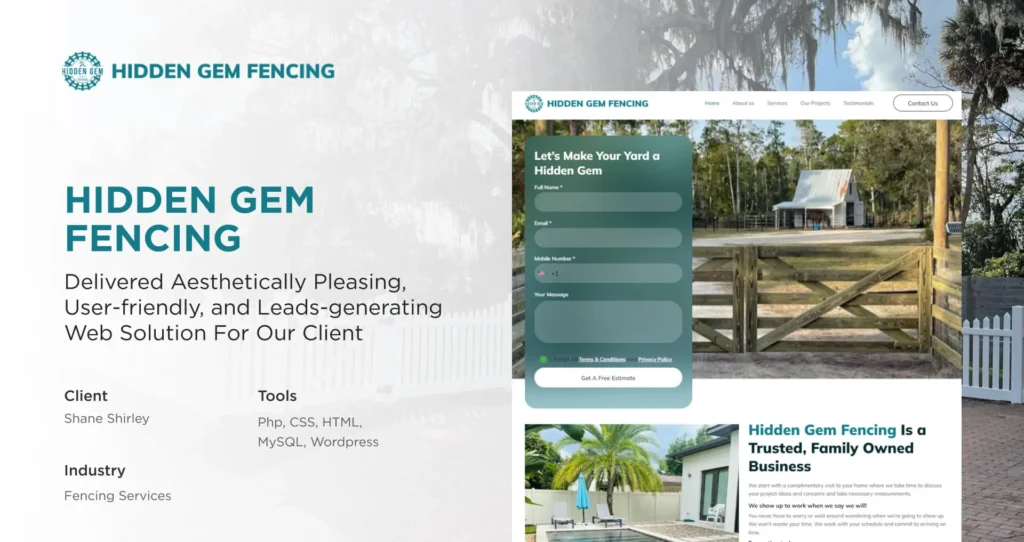
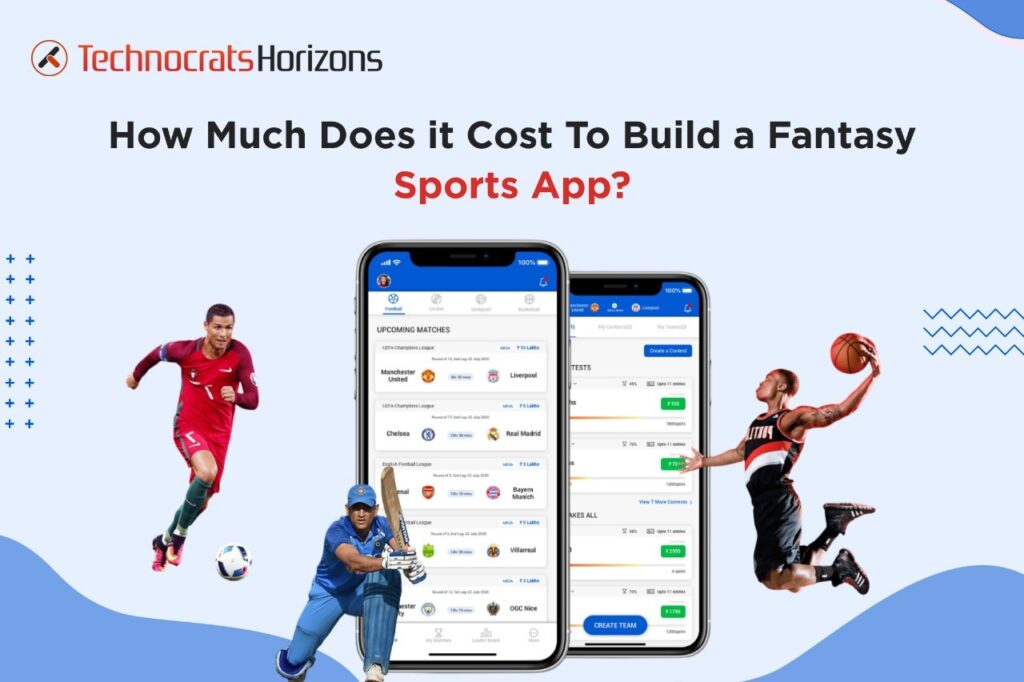
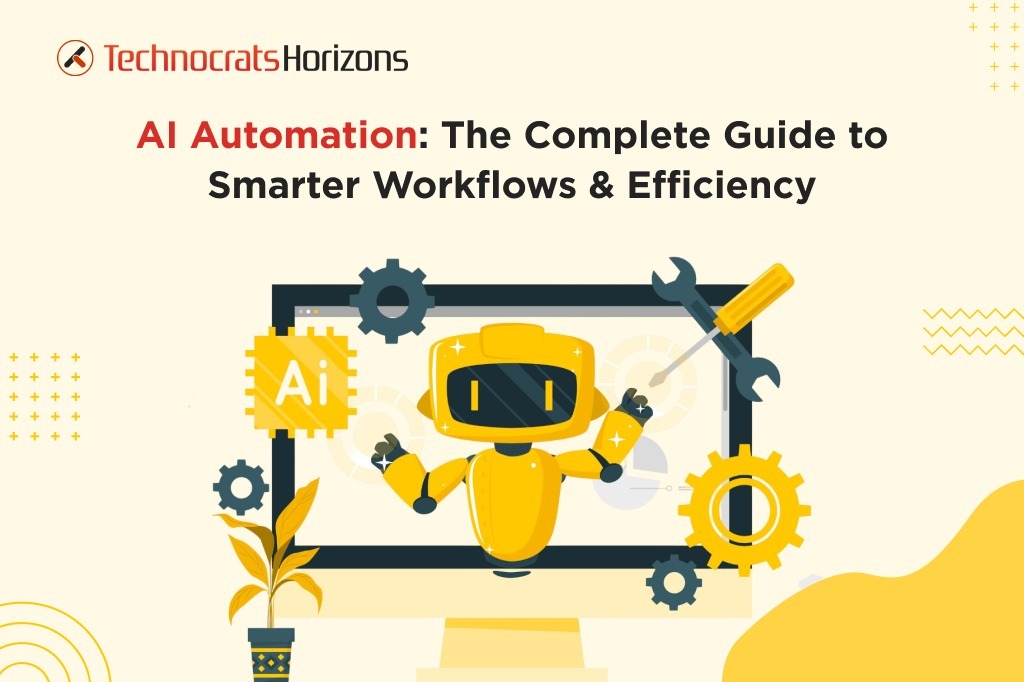


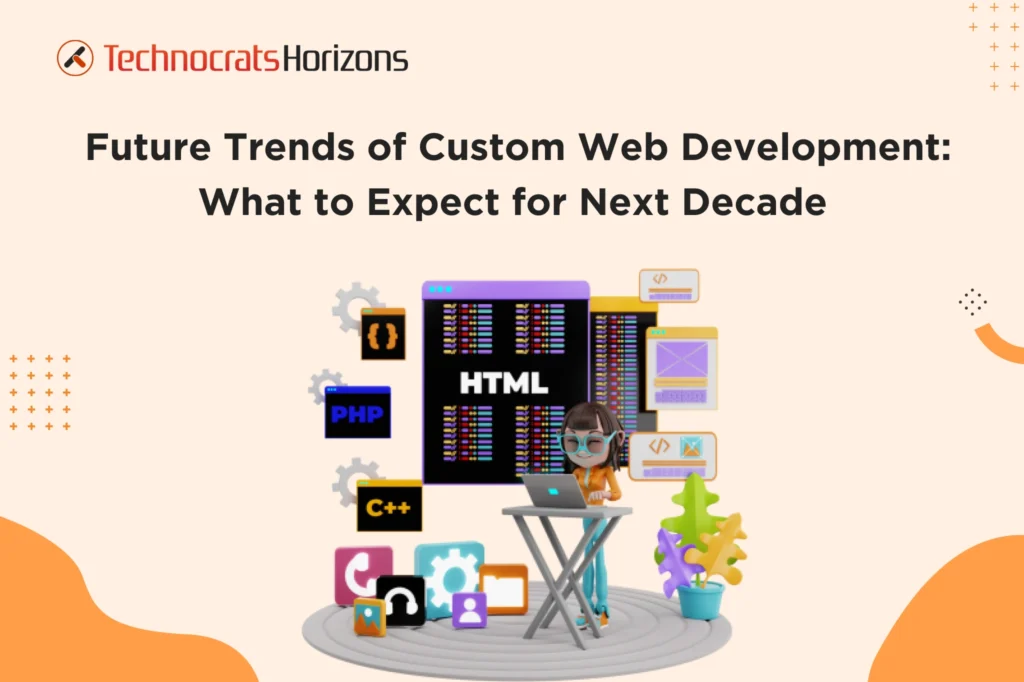

 Request a
Request a
















